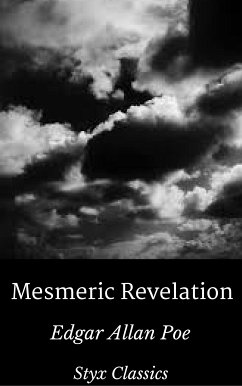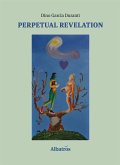The death of Edgar Allan Poe on October 7, 1849, has remained mysterious: the circumstances leading up to it are uncertain and the cause of death is disputed. On October 3, Poe was found delirious on the streets of Baltimore, Maryland, "in great distress, and... in need of immediate assistance", according to the man who found him, Joseph W. Walker. He was taken to the Washington College Hospital, where he died at 5 a.m. on Sunday, October 7. Poe was never coherent enough to explain how he came to be in this condition. Much of the extant information about the last few days of Poe's life comes from his attending physician, Dr. John Joseph Moran, though his credibility is questionable. Poe was buried after a small funeral at the back of Westminster Hall and Burying Ground, but his remains were moved to a new grave with a larger monument in 1875. It has been questioned whether the correct corpse was moved. The 1875 monument also marks the burial place of Poe's wife, Virginia, and his mother-in-law, Maria. Theories as to what caused Poe's death include suicide, murder, cholera, rabies, syphilis, influenza, and that Poe was a victim of cooping. Evidence of the influence of alcohol is strongly disputed. After Poe's death, Rufus Wilmot Griswold wrote his obituary under the pseudonym "Ludwig". Griswold, who became the literary executor of Poe's estate, was actually a rival of Poe and later published his first full biography, depicting him as a depraved, drunk, drug-addled madman. Much of the evidence for this image of Poe is believed to have been forged by Griswold, and though friends of Poe denounced it, this interpretation had lasting impact.









